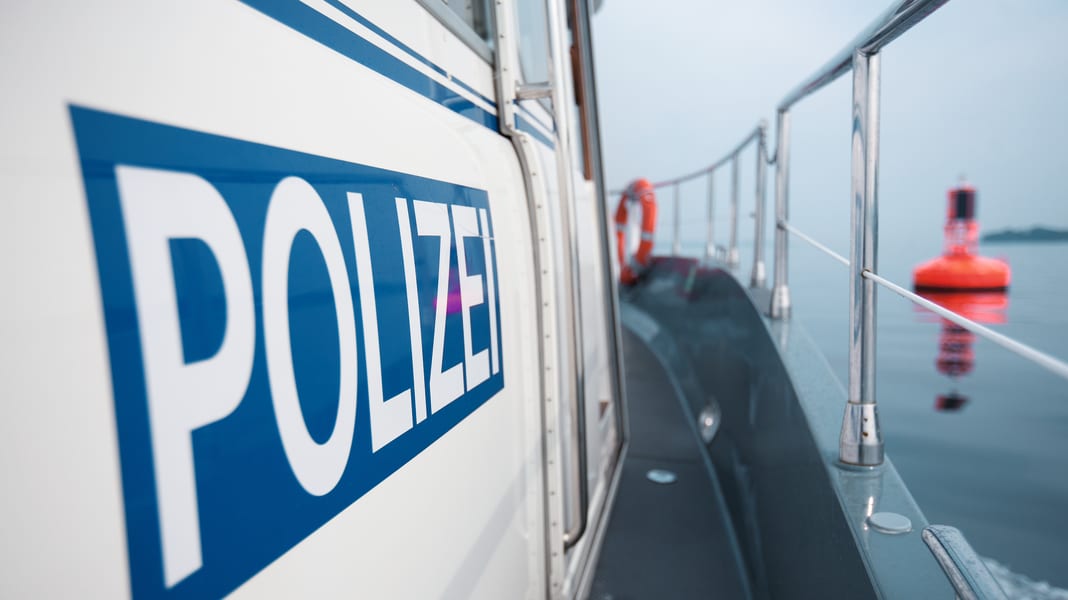
In recent years, police authorities have joined forces from time to time to punish offences committed by motorboat drivers and sailors in concerted actions across different districts. In particular, boat papers and driving licences were checked and whether the skippers were under the influence of alcohol or drugs. These actions were usually limited to a few days or certain weekends.
This year, however, several themed inspection weeks are planned within the northern network. This includes the waterway police forces of Lower Saxony, Bremen, Hamburg, Schleswig-Holstein and Mecklenburg-Western Pomerania. Passenger shipping was the first to be targeted from mid-April. From the middle to the end of May, it was the turn of pleasure craft skippers. Later in the year, freighter and ferry captains can also expect a visit from the police.
The aim of the checks is "to prevent disruption and damage to shipping and pleasure craft traffic", according to a police statement. Unfortunately, practice shows that officers sometimes take things very seriously. Watersports Digital boss Lars Bolle recently spoke of his own, more unpleasant encounter with police officers for our sister magazine YACHT, who had upset him because of a missing anchor ball. And also the Scandal over "false" flags The use of aft or under the spreader, which had been reported by police officers, had recently caused displeasure among pleasure boaters.
Sometimes even the officials don't know exactly what is and isn't legal in boating. For example, when it comes to supposed equipment regulations that may apply to commercially used boats, but not to leisure yachts. Or who needs which licence when training other motorboat drivers. Some police officers like to make claims that turn out to be unfounded in retrospect. One such case was recently reported to the editorial team.
Co-operate with the water police, but do not necessarily accept accusations
The advice for anyone who is stopped can therefore only be to cooperate with the officers in a friendly manner, but not to accept the accusation of an alleged offence straight away. And certainly not to open your wallet immediately in order to pay any fine imposed on the spot. Instead, if the worst comes to the worst, you should wait for the written justification of an alleged misdemeanour or other offence - and then seek legal advice if in doubt.
The following overview provides guidance on what belongs on board and which documents you should have to hand, even if they are not required by law. To keep things organised, we distinguish between documents relating to the boat itself and its equipment and those relating to the skipper and crew:
As already mentioned, there is often uncertainty among police officers and owners about the equipment requirements for pleasure craft - because these are not specifically defined anywhere. As a result, hardly any owners are really sure what must be on board and what should only be on board.
Also interesting:

Pascal Schürmann
Editor YACHT
Pascal Schürmann joined YACHT in Hamburg in 2001. As head of copywriting and head of the editorial team, he makes sure that all articles make it into the magazine on time and that they are both informative and entertaining to read. He was born in the Bergisches Land region near Cologne. He learned how to handle the tiller and sheet as a teenager in a touring dinghy on the Sneeker Meer and on a tall ship on the IJsselmeer. During and after his studies, he sailed on the Baltic Sea and in the Mediterranean. As a trained business journalist, he is also responsible for boat financing and yacht insurance reports at YACHT, but also has a soft spot for blue water topics.
